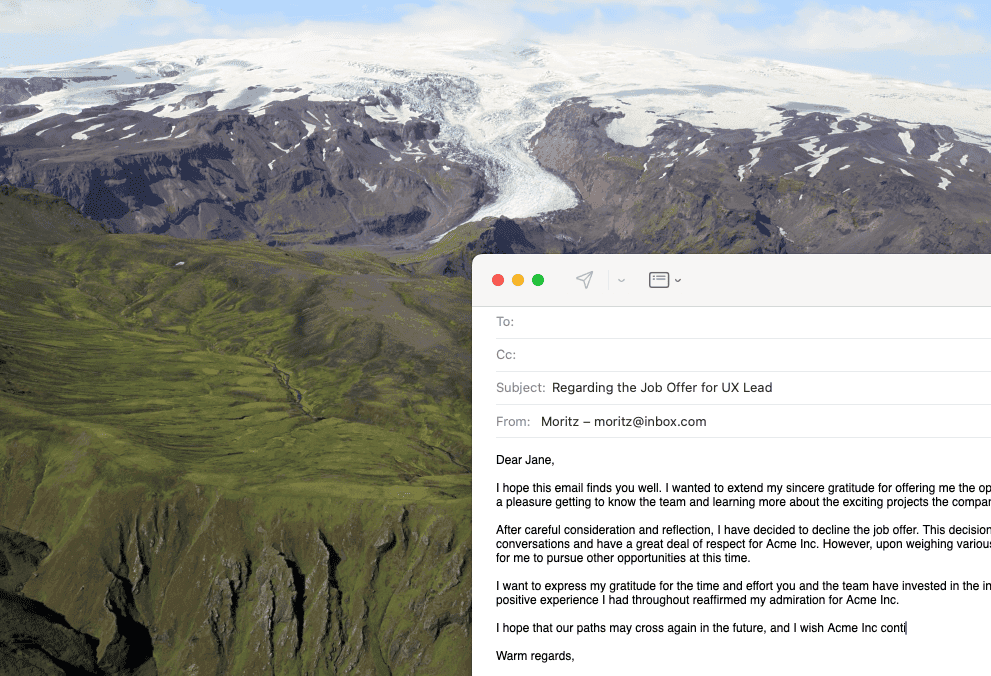
5 Tips for Protecting Your Email Privacy
In today's digital age, email communication has become an integral part of our lives. Whether it's for personal correspondence or business communication, email is a primary means of exchanging information. However, with the convenience of email comes the responsibility of safeguarding your email privacy. In this article, we'll share five essential tips to help you protect your email privacy effectively.
1. Choose a Secure Email Provider
The first step in ensuring email privacy is selecting a trusted and secure email provider. Opt for a premium email service like Inbox.com, known for its robust security measures and commitment to user privacy. Premium providers often offer features such as end-to-end encryption, strong authentication options, and advanced security protocols, giving you peace of mind that your emails are in safe hands.
2. Use Strong, Unique Passwords
Your email account is a gateway to your personal and sensitive information. One of the easiest ways to protect it is by using strong and unique passwords. Avoid using easily guessable information like birthdays or common words. Instead, create complex passwords with a combination of uppercase and lowercase letters, numbers, and symbols. Consider using a reputable password manager to generate and store your passwords securely.
3. Enable Two-Factor Authentication (2FA)
Two-factor authentication (2FA) adds an extra layer of security to your email account. When enabled, you'll need to provide two forms of verification before gaining access to your email. This typically includes something you know (your password) and something you have (a temporary code sent to your mobile device). Enabling 2FA significantly reduces the risk of unauthorized access, even if your password is compromised.
4. Beware of Phishing Emails
Phishing emails are fraudulent messages designed to trick you into revealing sensitive information or clicking on malicious links. To protect your email privacy, be cautious when opening emails from unknown senders or unexpected sources. Look for signs of phishing, such as misspellings, unusual sender addresses, and requests for personal information. Verify the legitimacy of emails before taking any action.
5. Regularly Update Your Software
Outdated software, including email clients and operating systems, can leave your email vulnerable to security threats. To safeguard your email privacy, keep all software, including your antivirus and firewall, up to date. Updates often include security patches that address known vulnerabilities, ensuring that your email communication remains secure.
Conclusion
Protecting your email privacy is crucial in today's digital landscape. By following these five tips, you can significantly enhance the security of your email communication. Remember to choose a reputable email provider like Inbox.com, use strong and unique passwords, enable two-factor authentication, stay vigilant against phishing attempts, and keep your software updated. These proactive measures will help you enjoy the convenience of email communication without compromising your privacy and security.
For a premium email service that prioritizes your privacy and security, consider Inbox.com as your trusted partner in safeguarding your email communications.
Updated: April 23, 2024 at 2:24 PM
Published: December 8, 2023 at 12:13 AM


